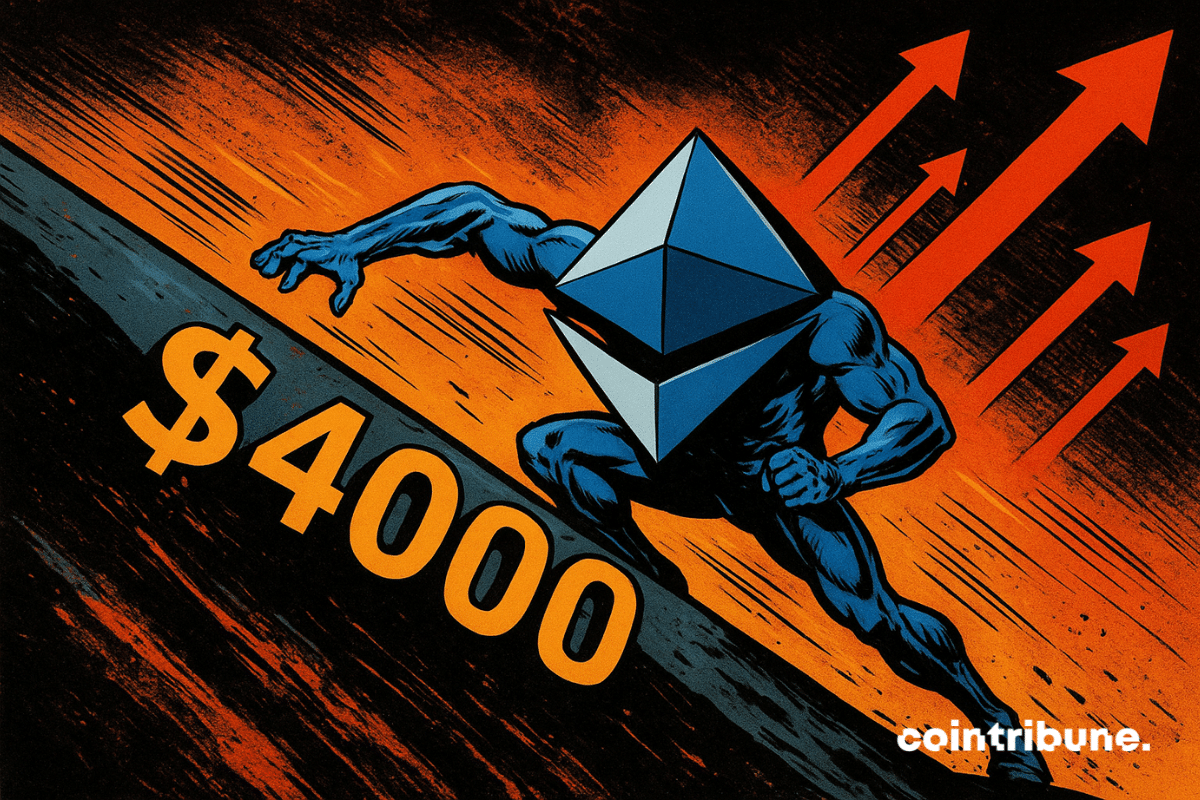Michael Jordan addresses the media during the launch of the Air Jordan 2009 at The Event Space on January 8, 2009 in New York City. The Jordan Brand is worth upwards to $10 billion today. (Photo by Kelly Kline/WireImage)
WireImage
Driven individuals often aspire to reach the pinnacle of their professions. For athletes, competing at the highest level of their respective sports epitomizes this achievement. After retirement, many professional athletes enter a period of transition defined by uncertainty. While they may no longer compete in front of a television audience, several former superstar athletes have built impressive careers in the business world.
Who are some of the most high-profile former professional athletes that have achieved business success, and what have they been doing since retirement?
Frequently, one of the first former athletes who comes to mind as having succeeded in business is Michael Jordan. Generally regarded as one of the greatest NBA basketball players of all time, he built most of his fortune off the court. During his playing career, he endorsed companies such as Gatorade, McDonald’s, Chevrolet, Coca-Cola, Hanes, Wheaties, Upper Deck, Rayovac, Ball Park Franks, just to name a few. In 1984, Jordan signed a royalty-based deal with Nike, a relatively unknown shoe company at the time. The deal was revolutionary because Jordan was not only contracted to endorse the Nike’s “Air Jordan” shoe model, but also to receive 5 percent royalty on each sale.
After permanently retiring as a basketball player in 2003, Jordan built a business empire through a series of strategic decisions that have led to financial success. Although Nike sales have recently been down, the Air Jordan brand continues to be profitable and has nearly tripled its revenue over the past decade, according to Sportico. Jordan purchased a majority stake in the Charlotte Bobcats (now Hornets) NBA franchise in 2010 for $175 million and sold in 2023 for $3 billion. He has also invested in 23XI Racing, DraftKings, the esports organization Team Liquid, and other ventures. He is currently the wealthiest sports figure of all time and has begun a new challenge as a special contributor for the NBA on NBC this fall. Details on his contract have not been confirmed, but he is being well-compensated for his work. His main goal for returning on camera is to pay forward his knowledge and expertise.
While Magic Johnson is one of the greatest point guards in NBA history, he is often known by this generation more for his business ventures than his NBA career. He holds minority ownership stakes in four professional sports franchises: the Los Angeles Dodgers (MLB), Washington Commanders (NFL), Los Angeles Sparks (WNBA), and Los Angeles FC (MLS). According to Entrepreneur.com, his most profitable business asset is EquiTrust, a life insurance company in which he holds over 60 percent controlling interest. Johnson has owned and sold shares in companies such as Starbucks and Magic Johnson Theatres. Over the years, he has built a real estate empire and has helped develop parts of the city of Los Angeles.
Tom Brady has been busy since retiring after the 2023 football season. Considered one of the greatest quarterbacks in NFL history, Brady transitioned into broadcasting, agreeing to a 10-year 350 million contract in 2022 to become Fox’s lead color analyst, a role he prepared for and began prior to the 2024 season. As an entrepreneur, Brady started TB12 during his playing career, a health and wellness company resolving around his brand and athletic mindset, which has since merged with Brady Brand and No Bull to form a multi-faceted sports entity in 2024. Since retiring, Brady has acquired minority ownership stakes in the NFL’s Las Vegas Raiders, the WNBA’s Las Vegas Aces, and Birmingham FC, a soccer team in the English Football League. He is co-owner of a pickleball league, along with Hall of Fame women’s tennis player Kim Clijsters, and continues to partner with brands such as Subway and Under Armour.
Since retiring from baseball in 2016, former MLB MVP infielder Alex Rodriguez has built a real estate empire, invested in several companies, and became minority owner of the NBA’s Minnesota Timberwolves. His business acumen was on display in the show Shark Tank, as he served as a guest judge for a few seasons. Like Michael Jordan and Tom Brady, Rodriguez also transitioned into broadcasting and won an Emmy Award in 2017 as an MLB analyst for Fox. As a player, he signed a record-breaking deal with the Texas Rangers in 2000—a 10-year, $252 million deal—which remained among the top 10 contracts of all time entering this decade. While his playing career was marked by controversy, there is no denying Rodriguez’s success off the field.
Miami Dolphins owner Stephen Ross (center) stands with sisters Serena and Venus Williams after announcing the tennis stars would own a small stake in the Dolphins’ franchise in Miami, Florida, Tuesday, August 25, 2009. (Photo by Charles Trainor Jr./Miami Herald/Tribune News Service via Getty Images)
Tribune News Service via Getty Images
In tennis, Serena Williams is synonymous with winning championships and is considered by many to be the greatest female player of all time. After retiring in 2022, she has continued her success off the court, accumulating a total net worth of $350 million, according to Forbes. Outside of her prize earnings on the tennis court, Williams has been an active entrepreneur, compiling an impressive business portfolio that includes investments in venture capital, media and entertainment, fashion and beauty, and sports. She owns a minority stake in the NFL’s Miami Dolphins and invested in a women’s 3-on-3 basketball league. Her sister Venus is also a minority owner of the Dolphins and has partnered with numerous brands including American Express, Blue Cross Blue Shield Association, and Ralph Lauren, among several others.
Countless other retired athletes have followed suit, turning exceptional playing careers into serious business success. Baseball’s Cal Ripken owns part of the MLB’s Baltimore Orioles and has operated a successful baseball academy, while boxing legend George Forman became the spokesperson for his famous grill, a product that made him a fortune. In a 2023 interview on In Depth with Graham Bensinger, Foreman disclosed that he made around $5 million a month at one time from the grill and was actively involved in its promotion.
NHL hockey legend Mario Lemieux was a majority owner of the Pittsburgh Penguins before selling the team in 2021. He transformed his $30 million investment in 1999 into a $350 million sale, according to Fox Sports Radio. Former Track and Field star Allyson Felix co-founded Saysh, a lifestyle and foot brand for women. Recently retired, she continues to build her business portfolio.
Tony Hawk during 2005 Spike TV Video Game Awards – Show at Gibson Amphitheater in Universal City, California, United States. He won for Best Individual Video Game. (Photo by John Shearer/WireImage for Nickelodeon Magazine)
WireImage for Nickelodeon Magazine
In the extreme sport of skateboarding, Tony Hawk has amassed a large fortune, most notably from his video game franchise developed with Activision. During his career and after retirement, Hawk has been instrumental in growing the sport. As a businessman, he has continued to achieve success by founding 900 Films, an action film company, as well as Birdhouse Boards, one of the leading skateboard companies.
Some athletes have not waited until retirement to venture into team ownership. A recent trend involves current athletes building personal brands and acquiring ownership stakes in sport organizations while still actively participating in sports. For instance, Houston Rockets NBA star Kevin Durant recently purchased a minority stake of the Paris Saint-Germain (PSG) international soccer club, according to NBA.com. Lionel Messi owns an equity stake in Inter Miami CF, the MLS soccer team he currently plays for, and Cristiano Renaldo also owns part of Al-Nassr FC, the Saudi Arabian club he also represents.
These aforementioned former superstar athletes have built impressive business portfolios. However, it is important to note that although they have amassed significant wealth post-retirement, they remain deeply committed to philanthropy, using their platforms to support numerous positive causes. As global business leaders, their lasting legacy will be determined not as much by their financial success as their continued impact on individuals and communities worldwide.
Source: https://www.forbes.com/sites/marklasota/2025/10/22/superstar-athletes-are-building-wealth-and-influence-after-retirement/


